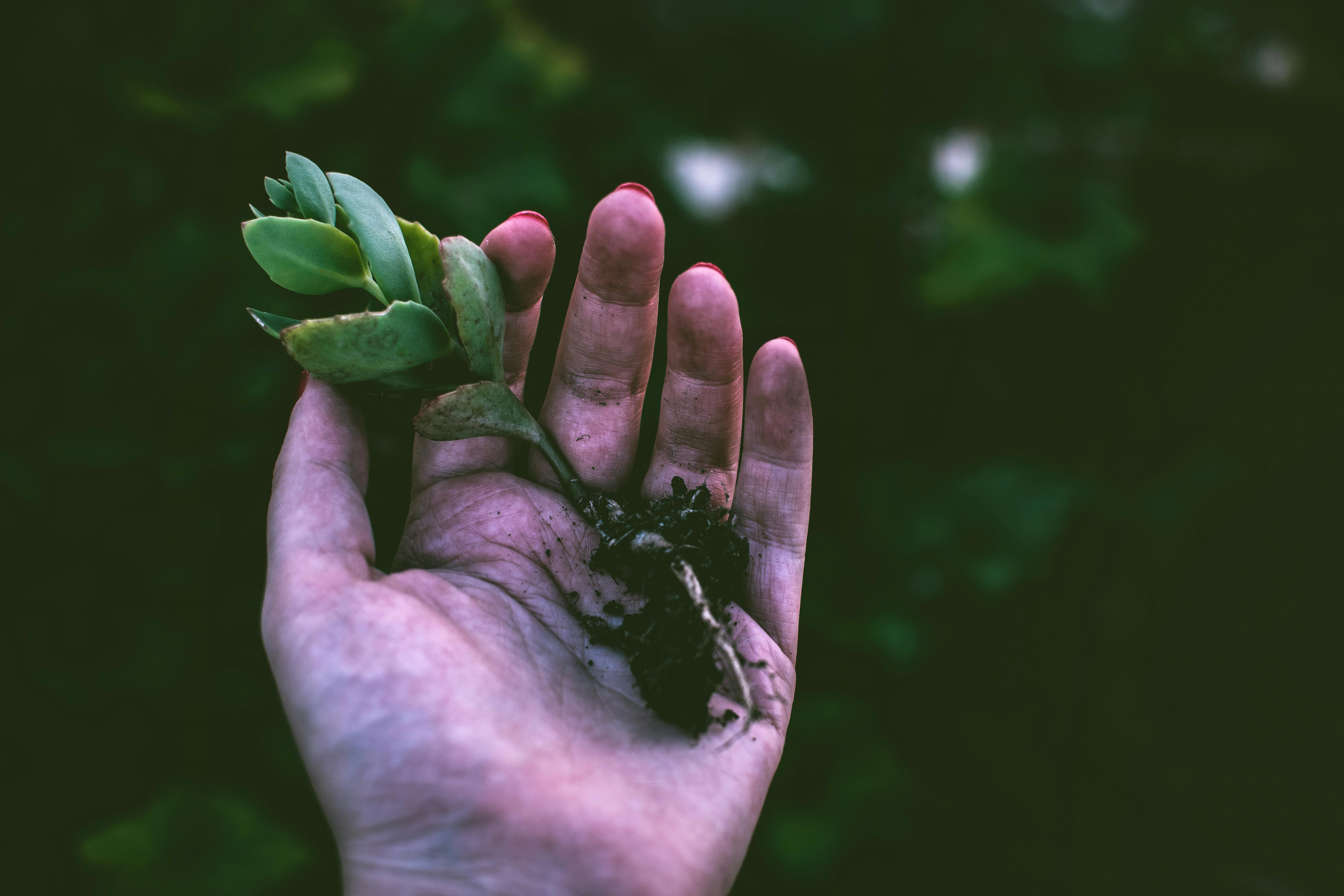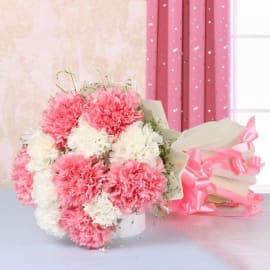In today's fast-paced and often overwhelming world, it's essential for women to find ways to connect with nature and find inner peace. Flowers can play a significant role in enhancing this experience.
1. Beauty and Wonder:
- The Allure of the Natural World: Flowers embody the stunning complexity and inherent beauty found in the natural world. Their diversity – from tiny, delicate wildflowers to grand, exotic blossoms – creates a sense of awe and reminds us of the larger tapestry of life we are a part of.
- Mindful Pause: Taking the time to simply be still and admire a flower can become a mini-meditation. Paying attention to its vibrant colors, its unique shape, and its delicate construction helps quiet the mind from the chatter of daily life.
2. Sensory Experience:
- Fragrance as Therapy: Many flowers possess scents that can have a profound effect on our mood. Lavender's calming properties are well-known, while citrusy or floral scents can be uplifting. Inhaling the fragrance of a flower engages our olfactory system, influencing our emotional state.
- The Power of Touch: The texture of petals can be remarkably soothing. The softness of a rose petal or the velvety feel of a poppy provides a tactile experience that can both ground us in the present moment and offer a sense of comfort.
- Heightened Awareness: The act of engaging with flowers through sight, smell, and touch brings us fully into the present. We become more aware of our bodies, our surroundings, and the fleeting nature of beauty.
3. Symbolism:
- Flowers as a Personal Language: Through history, flowers have carried meanings that add a layer of richness to our encounters with them. A red rose isn't just a beautiful bloom—it echoes sentiments of passion and deep love. Lilies, with their association with purity, can remind us of our own innocence or the need for a fresh start.
- Unlocking Emotions: Understanding floral symbolism can offer us a vocabulary to describe or understand our own emotions. Feeling drawn to a specific type of flower might reveal a subconscious desire or need within ourselves.
4. Creativity:
- Artful Expression: The act of arranging flowers, whether a simple bouquet or an elaborate display, allows for self-expression. Choosing colors, textures, and shapes that resonate with us becomes a nonverbal way of externalizing our inner world.
- Stress Relief and Mindfulness: The creative process itself can be deeply therapeutic. It requires focus on the present task, easing anxieties about the future or past. In creating something beautiful with flowers, we gain a sense of accomplishment and a renewed positive outlook.

5. Nurturing:
- Cultivating Compassion: Caring for flowers develops a sense of responsibility and care for living things. It's a reminder that all things, including ourselves, need attention and nourishment to thrive.
- Mindfulness in Practice: The regular tasks of watering, pruning, and checking for pests requires being present and observant. We become attuned to the subtle needs of a living organism and the subtle shifts in its health. This translates into greater mindfulness in our own lives.
- Rewards of Growth: The joy of seeing a flower bloom under our care is deeply satisfying. We witness firsthand the power of patience, nurturing, and the beauty of natural cycles.
Here are a few specific examples of how women can use flowers to connect with nature and find inner peace:
Create a flower garden:
- Diverse Ecosystem: A garden isn't just about aesthetics. Women can plan their gardens with biodiversity in mind, choosing a mix of flower varieties that bloom at different times to provide a continuous food source for pollinators. This contributes to the health of the local environment.
- Hands in the Soil: The very act of digging in the dirt, planting seeds or seedlings, has a grounding, calming effect. It connects women to the earth and reminds them of the cyclical nature of life.
- Seasons of Change: Observing the garden through the seasons – the anticipation of new growth, the celebration of full blooms, the fading away in preparation for dormancy – can mirror our own internal rhythms of change.

Visit a flower show or botanical garden:
- Immersive Experience: These spaces are havens meticulously designed to showcase the beauty of the natural world. Women can wander through pathways lined with diverse blooms, their senses engaged by vibrant colors and fragrances.
- Educational Opportunities: Flower shows and botanical gardens often host classes and workshops on topics like flower identification, gardening techniques, and even the history of specific plants. This knowledge adds another layer of appreciation when connecting with nature.
- Community Connection: Many gardens have active volunteer programs or host events centered around flowers. This can be a way to connect with like-minded women and build a shared sense of purpose.
Bring flowers into your home:
- Nature Indoors: Fresh flowers create an instant shift in the energy of a room. Whether it's a grand bouquet on a dining table or a simple sprig on a bedside table, they bring a sliver of the outdoors inside.
- Mindful Ritual: The act of selecting blooms at a farmers market or flower shop can be a pleasurable experience. Regularly changing out flowers requires being present, observing their natural decline, and appreciating their fleeting beauty.
- Mood Enhancement: Studies suggest flowers in the home can genuinely boost mood, reduce feelings of anxiety, and create a sense of warmth and welcome.
Use essential oils:
- Aromatherapy Benefits: Essential oils provide a concentrated dose of floral fragrance. A few drops of lavender before bed can promote relaxation, or the scent of roses can create a sense of tranquility.
- Beyond Diffusion: Women can add floral essential oils to DIY bath products, a homemade linen spray, or even natural body lotion, extending the sensory experience even further.
Practice flower meditation:
- Object of Focus: Using a flower as the focal point in meditation helps still a busy mind. Attention shifts to its color, shape, smell, even the way light falls on the petals. This single point focus is an excellent entry into a meditative state.
- Symbolism Exploration: For women familiar with flower symbolism, they might select a bloom that reflects something they wish to manifest or release (for example, a sunflower for confidence, or a poppy to ease grief).
Flowers are so much more than just pretty things. By engaging with them in these mindful ways, women create opportunities for genuine connection to nature, greater awareness of their own rhythms, and cultivation of a deep sense of inner peace.




